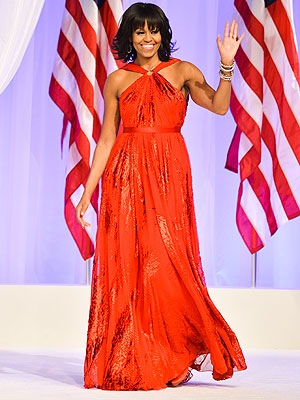Mozilla, the non-profit organization behind the popular Firefox web browser, has been promoting its Firefox OS project (once known as “Boot to Gecko”) for some time now. A hardware partnership with Telefonica, the international telecom giant, had been announced, but no phones had yet been unveiled.
But in an announcement today on its blog, Mozilla announced the impending launch of its first “developer preview” phones, the Keon and the Peak. Made in partnership with Geeksphone, a Spanish smartphone producer which used to make Android phones, these devices are meant to help app developers preview their work on the small screen. But they may also serve as a sneak preview of Mozilla’s plan to enter the smartphone market.
Introducing Firefox OS
Designed as an alternative to Google’s Android for low-powered smartphones, Firefox OS’ claim to fame is that it’s “built entirely using open web standards,” or open-source code written in the programming languages which make up the web, like JavaScript. Likewise, Firefox OS apps are websites specially formatted to look and feel like apps, and to respond to touchscreen controls and access phone features like vibration and the GPS.
A selection of Firefox apps is already available in the Mozilla Marketplace, but developers will eventually be able to take the open-source code behind it and create their own app markets like it if they so choose. These apps also run on the preview “Aurora” version of Firefox for Android, which is available for download from Mozilla’s website.
“Say ‘hola’” to the Keon and Peak
The Keon is Mozilla’s entry-level developer smartphone, while the Peak has somewhat more modern hardware specs.
The Keon has a 1 GHz Snapdragon processor, 512 MB of RAM, a 3.5-inch touchscreen, and 4 GB of flash memory, plus a microSD card slot to expand storage space. Its built-in camera is a basic 3-megapixel shooter, and lacks an LED flash. It’s roughly comparable to 2010′s iPhone 4 in terms of raw hardware specs, although it probably won’t be able to play the same kinds of 3D games since they’ll be written as web applications.
The Peak has a dual-core 1.2 GHz processor, a 4.3-inch IPS display, and an 8-megapixel camera with a flash, plus a 2-megapixel front-facing camera. It has the same amount of RAM and flash storage as the Keon does, though.
Both the Keon and the Peak are unlocked GSM smartphones, which may mean they will work on AT&T and T-Mobile’s networks in the States.
Pricing and availability
According to Peters, the “First phones will be available in February.” Prices have yet to be announced.
Jared Spurbeck is an open-source software enthusiast, who uses an Android phone and an Ubuntu laptop PC. He has been writing about technology and electronics since 2008.
Linux/Open Source News Headlines – Yahoo! News
Title Post: First “Firefox OS” Phones Previewed, to Launch in February
Url Post: http://www.news.fluser.com/first-firefox-os-phones-previewed-to-launch-in-february/
Link To Post : First “Firefox OS” Phones Previewed, to Launch in February
Rating:
100%
based on 99998 ratings.
5 user reviews.
Author:
Thanks for visiting the blog, If any criticism and suggestions please leave a comment










